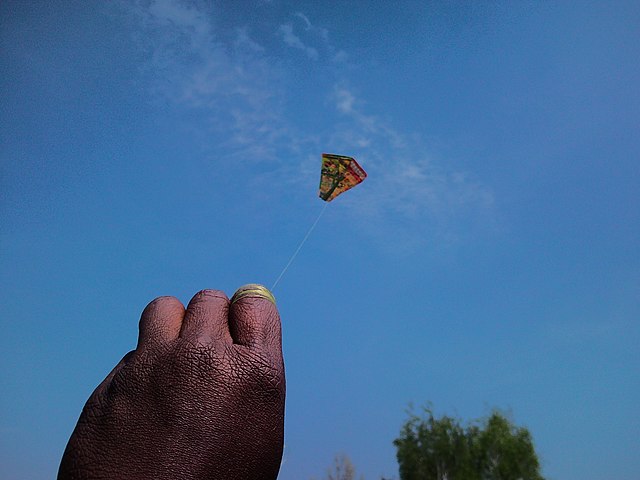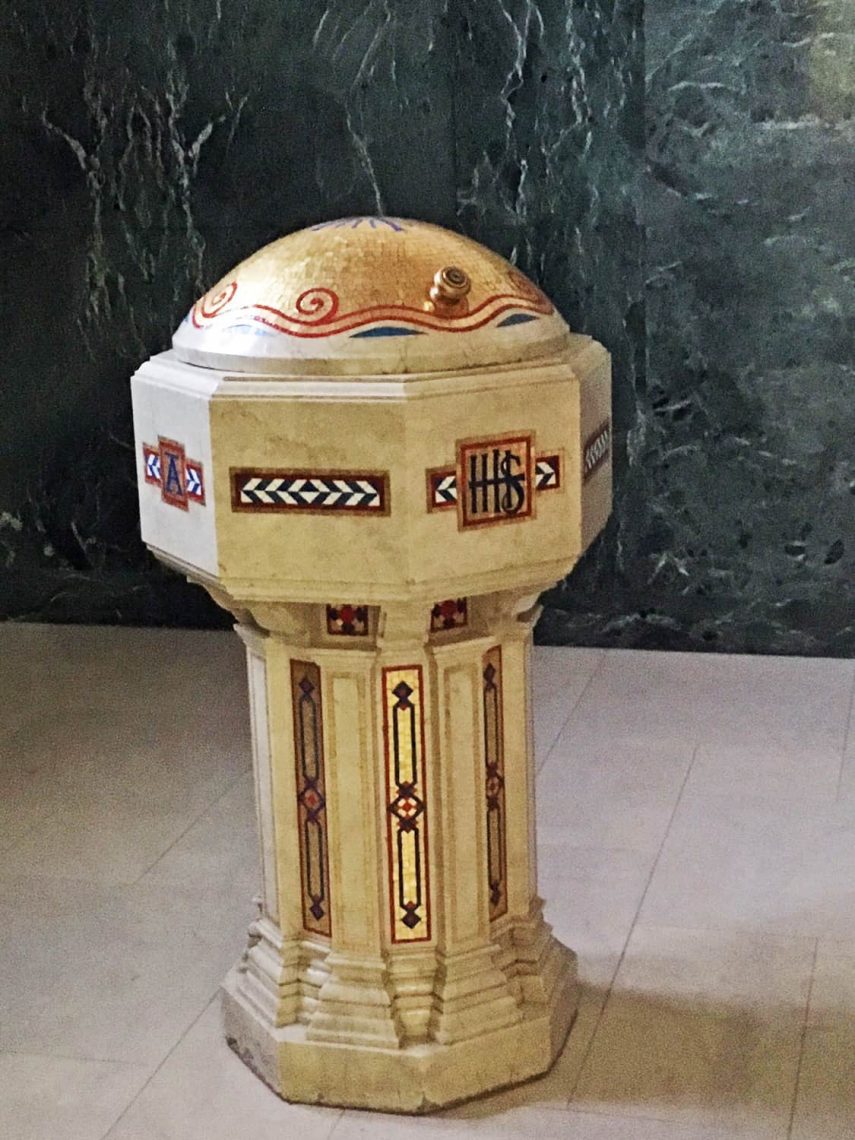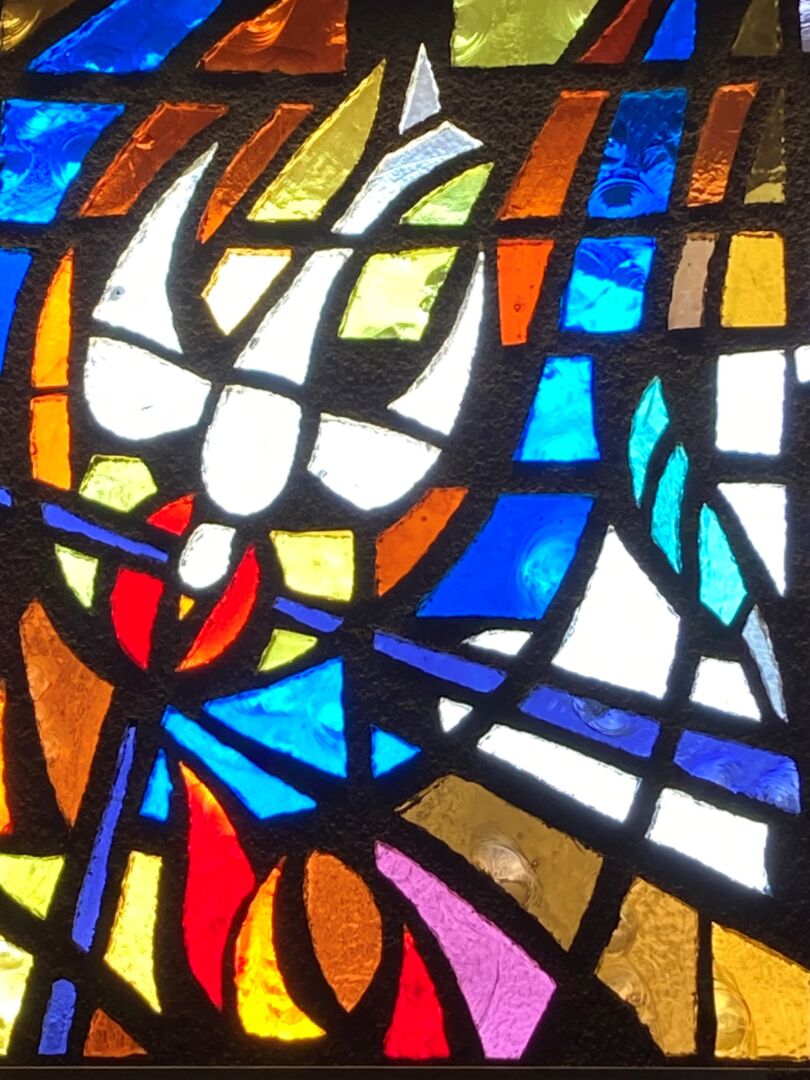Franciscan Sister of Christian Charity Sister Kathleen Murphy reflects on Pope Francis’ January Prayer Intention “that the Holy Spirit may help us to recognize the gift of different charisms within the Christian community and to discover the richness of different traditions and rituals in the Catholic Church.’ The ‘Just Gospel’ blog post each month reflects on Pope Francis’ Prayer Intention and includes any other specific focus of our religious community for the year.
 Welcome to January, the month named after the Roman God, Janus. This deity was held as the god of beginnings, gates, transitions, time, and passages. He is usually depicted with two faces—one looking forward and the other backward. We join Pope Francis in praying for his monthly intention. This month we pray that the Holy Spirit may help us to recognize the gift of different charisms within the Christian community and to discover the richness of different traditions and rituals in the Catholic Church. What does that have to do with Janus? Perhaps we can deepen the Holy Father’s intention as we treasure our rituals and traditions with the richness they hold, while reflecting on the newness that charisms bring to the Church.
Welcome to January, the month named after the Roman God, Janus. This deity was held as the god of beginnings, gates, transitions, time, and passages. He is usually depicted with two faces—one looking forward and the other backward. We join Pope Francis in praying for his monthly intention. This month we pray that the Holy Spirit may help us to recognize the gift of different charisms within the Christian community and to discover the richness of different traditions and rituals in the Catholic Church. What does that have to do with Janus? Perhaps we can deepen the Holy Father’s intention as we treasure our rituals and traditions with the richness they hold, while reflecting on the newness that charisms bring to the Church.
A lesson from Makar Sankrant might kindle our reflections. Mother is flying a kite. Her son is watching her carefully. After some time Son says “Mom. Because of the string the kite is not able to go any further higher.” Hearing this, the mother smiles and breaks the string. The kite goes higher and then shortly after that, it falls to the ground. The child is very dejected. The mother calmly explains: “Son, in life we reach a certain level and then we feel that there are certain things that are not letting us grow any further like home, family, or culture. We feel we want to be free from those strings. But, remember, Son, these are the very things that will help us stay stable at great heights. If we try to break away from those strings our condition will be similar to the kite. We’ll fall down soon. Stay connected while flying high.”
Our Catholic traditions and rituals are those strings which keep us stable and connected as members of the Body of Christ. These surely include all the signs, symbols and rites of our Sacraments, but perhaps Pope Francis is also calling us to discover the richness found in the cultural and domestic traditions practiced in families around the world as well as those little rituals of faith that we may practice daily, but fail to value.
Carolyn Humphreys OCDS writes, As Catholics, we have a spiritual treasure trove of solemn and simple rituals. The most important and most needed rituals are in the sacraments. They renew our spiritual energy, and give meaning to who we are as Catholics.
Simple rituals are a part of daily life. The sign of the Cross and everyday prayers help keep order in our routines by giving clarity, and rhythm to who we are as Catholics. Indeed, we need constant reminders of what we believe, in order to grow in our love for God and to avoid the influence of anything that opposes God’s love.
A ritual or tradition that requires much explanation loses something in the verbiage. The most powerful experiences of ritual are those with few words, but with reverence and significance in the action. Fr. Aaron Johanneck, S.T.L states, In the Mass there are processions and gestures, incense, bows and genuflections, the carrying of the Book of the Gospel, the kissing of the altar. We may not know all of the history or meaning behind these rituals, but when they are celebrated with due honor and prayerfulness, they communicate much to us even without being explained. In fact, too many explanations can greatly reduce the beauty and power of a ritual. Ritual with no, or minimal explanation helps us to understand and experience that we are entering into something that is bigger than us; something that is important and worthy of our veneration. So, how greatly should we reverence the rituals of the Sacred Liturgy!
This month might be a wonderful time to reflect upon and share some of the cultural rituals and traditions that we have experienced in our families, neighborhoods and parishes over the years. What a gift is this richness in our communities!
While rejoicing in this giftedness we do well to turn to Pope Francis’ call to recognize the vast variety of charisms within the Christian community. Though we encounter the word charism frequently, what exactly is the meaning of charism?
The Catechism of the Catholic Church tells us, “Charism” is the Greek word for “favor” or “gratuitous gift.” Charisms, are special abilities given to all Christians by the Holy Spirit to give them power to represent Christ. All charisms ought to be exercised in the service of God.
So, unlike our natural gifts, charisms, are given to us to give away, and are one of the ways God continues to enter the world through our cooperation. They always benefit other people and draw them closer to God.
In order to grow in our recognition of charisms present in ourselves or others, it may be helpful to know three signposts of a charism:
1. An unmistakable inner experience of peace, energy and joy when you are using the gift.
It energizes you!
2. Unusually effective and successful results in what you’re trying to accomplish
3. Other people’s direct or indirect recognition of the gift’s presence
Perhaps you may not have been aware of the fact that there are three primary lists of gifts in the New Testament (Romans 12, 1 Corinthians 12, and Ephesians 4), and St. Thomas Aquinas lists about 14 charisms in his Summa. We have no reason to believe that these lists are meant to be exhaustive. Twenty-five of the identified supernatural Christian Charisms are: Administration, Celibacy, Craftsmanship, Discernment of Spirits, Encouragement, Evangelism, Faith, Giving, Healing, Helps, Hospitality, Intercessory Prayer, Knowledge, Leadership, Mercy, Missionary, Music, Pastoring, Prophecy, Service, Teaching, Voluntary Poverty, Wisdom, Writing, Public Tongues and the Interpretation of tongues.
Knowing more about charisms in general can help us to be more attuned to their presence in the family of God’s children. Awareness should lead us to praise and thanksgiving to a God who gifts the Church and the world in such a prodigal manner.
Since January is also a month to be mindful of the Gift of Life and of Christian Unity, we can tie these awarenesses to the enlivening and uniting power of charisms present among us.
Photos: Triaxialtick5, CC BY-SA 4.0 <https://creativecommons.org/licenses/by-sa/4.0>, via Wikimedia Commons; Jules & Jenny from Lincoln, UK, CC BY 2.0 <https://creativecommons.org/licenses/by/2.0>, via Wikimedia Commons






Article Comments:
Fr. Placid Stroik, OFM 01/09/2024 @ 12:24 am
Now this is what I most want to do, not what I must do be alive, to be happy. This is what matters: what I most want to do to live the gifts I have been given.